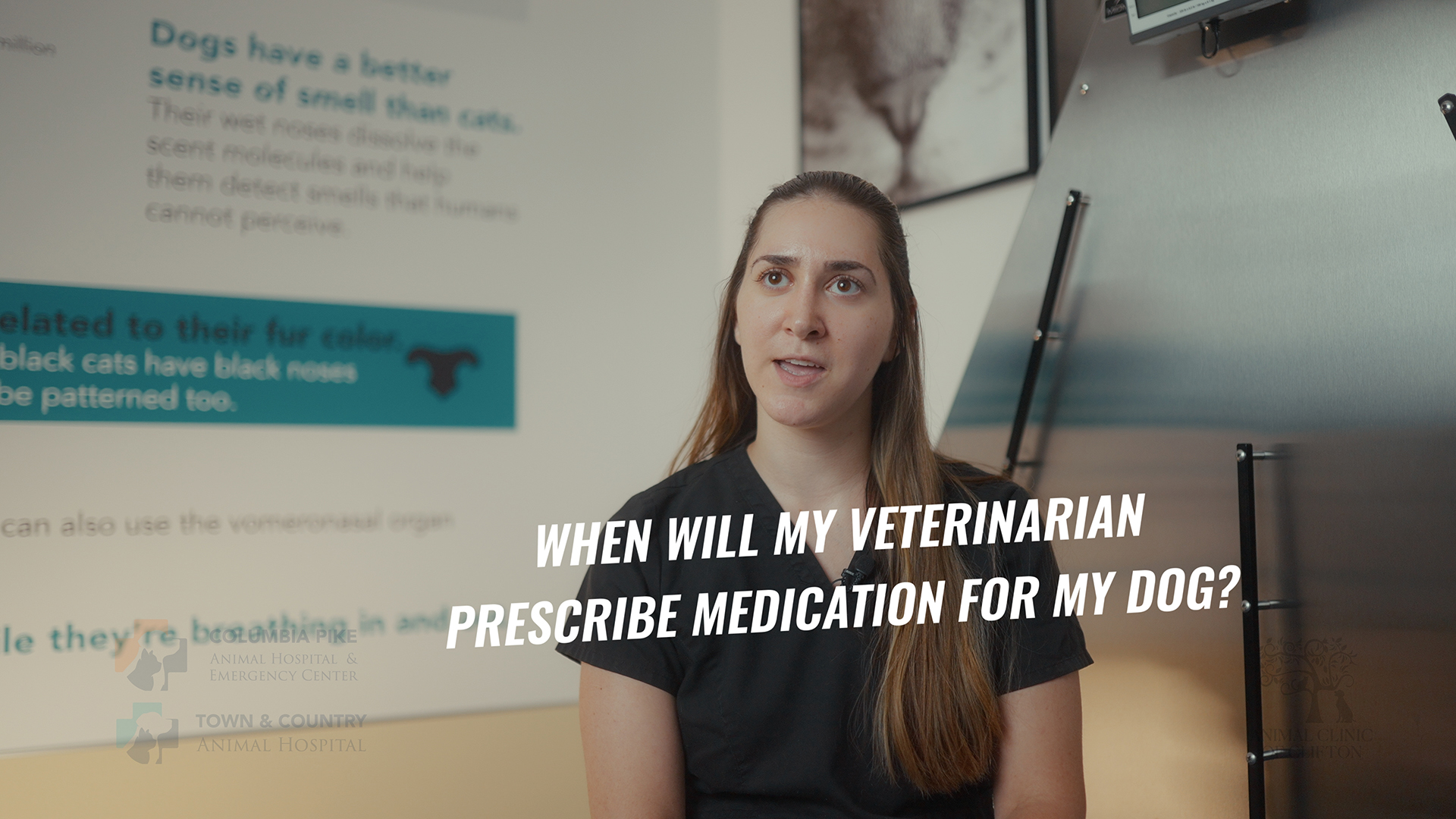Medications play an important role in helping our dogs live healthier, more comfortable lives. From treating short-term stomach upset to managing chronic conditions like heart disease, your veterinarian can prescribe the right medication based on a full exam and your pet’s individual needs.
Why Your Dog Might Need Medication
Dogs are commonly prescribed medications for a variety of issues, including:
-
Infections: Antibiotics to fight bacterial illnesses.
-
Neurologic conditions: Medications that support the brain and nervous system.
-
Heart disease: Prescriptions to manage heart conditions.
-
Behavioral concerns: Support for anxiety and other behavioral issues.
-
Pain management: Relief for both short-term injuries and long-term joint problems.
One of the most common reasons for a vet visit is gastrointestinal upset — vomiting, diarrhea, or decreased appetite. The good news is that there are safe medications that can help your dog recover from these flare-ups.
Side Effects to Watch For
Like people, dogs can experience side effects from medication. With antibiotics in particular, the most frequent issues are stomach upset, vomiting, diarrhea, or loss of appetite. If you notice these or any other concerning changes, contact your veterinarian right away. There are often ways we can adjust treatment to make your dog more comfortable.
Over-the-Counter vs. Prescription
It may be tempting to reach for an over-the-counter option, but always check with your veterinarian first. Not every human medication is safe for dogs, and even common pet products may not be right for your pet’s condition or size. Your veterinarian will guide you on what is safe and effective.
Filling Your Dog’s Prescriptions
Our in-hospital pharmacies at Columbia Pike and Town & Country can handle most prescription needs. For medications not available on site, we can send prescriptions to a trusted online pharmacy or a local human pharmacy. If you prefer to purchase online, always make sure the pharmacy is reputable — your veterinarian can recommend safe sources.
Tips for Giving Medication
Getting your dog to take a pill can be a challenge. Try hiding it in a favorite high-value treat like peanut butter, cheese, or a small piece of meat. If you are still struggling, our veterinary team can demonstrate safe and effective techniques in person.
The Importance of Communication
Always let your veterinarian know about all the medications and supplements your dog is taking. This helps us watch for interactions, side effects, and adjust treatment plans as needed. For chronic conditions, we may be able to prescribe refills without seeing your pet each time, but new symptoms should always be checked with an exam.
Final Thoughts
Medications, when prescribed and used correctly, can make a tremendous difference in your dog’s quality of life. If you have questions about prescriptions, side effects, or how to give your dog medication, don’t hesitate to reach out to our team.
Love People. Love Pets.
📍 Columbia Pike Animal Hospital
4205 Evergreen Lane, Annandale, VA 22003 | (703) 256-8414
📍 Town & Country Animal Hospital
9836 Fairfax Blvd, Fairfax, VA 22030 | (703) 273-2110
📍 Animal Clinic of Clifton
12644 Chapel Road, Clifton, VA 20124 | (703) 802-0490


